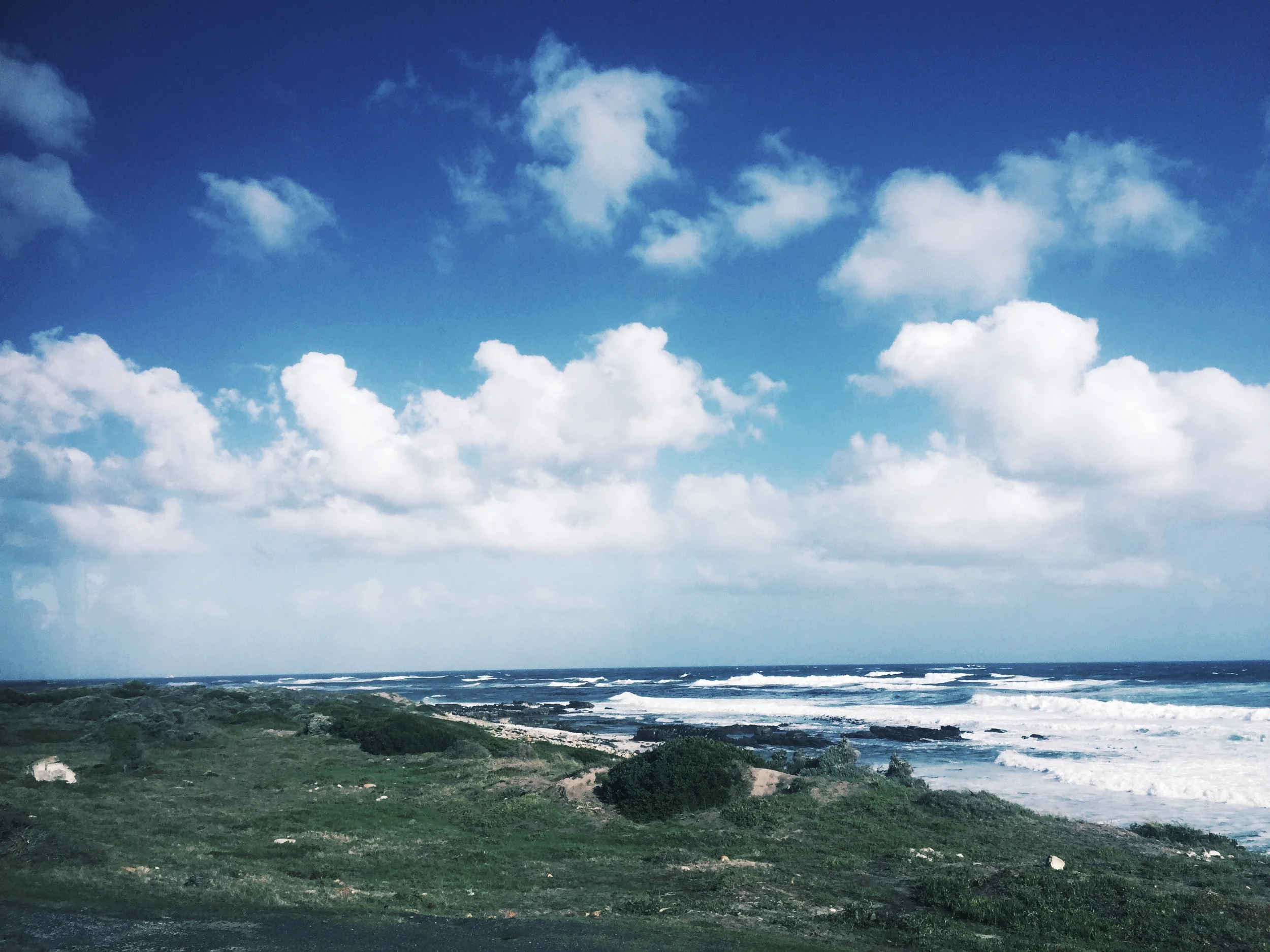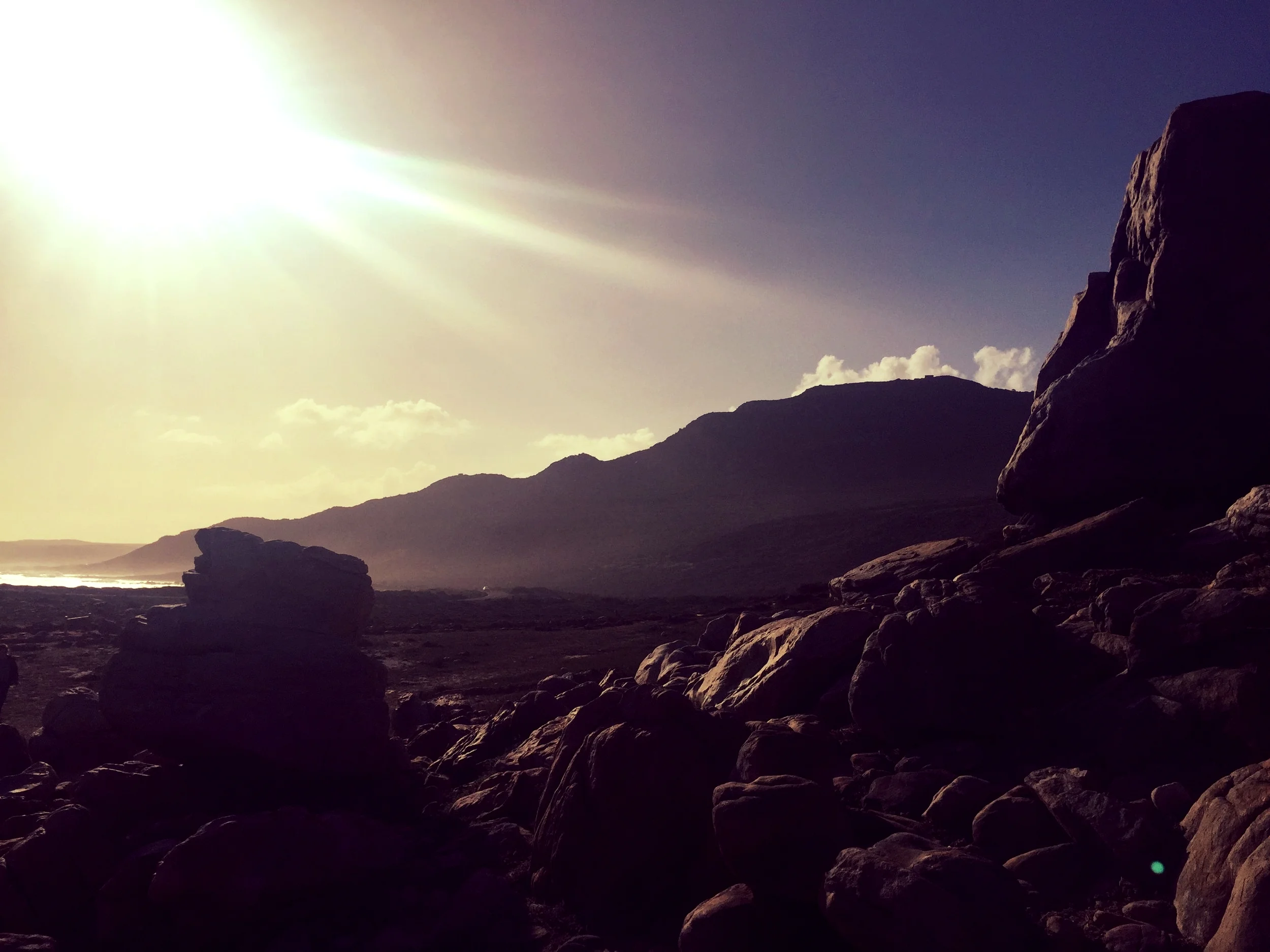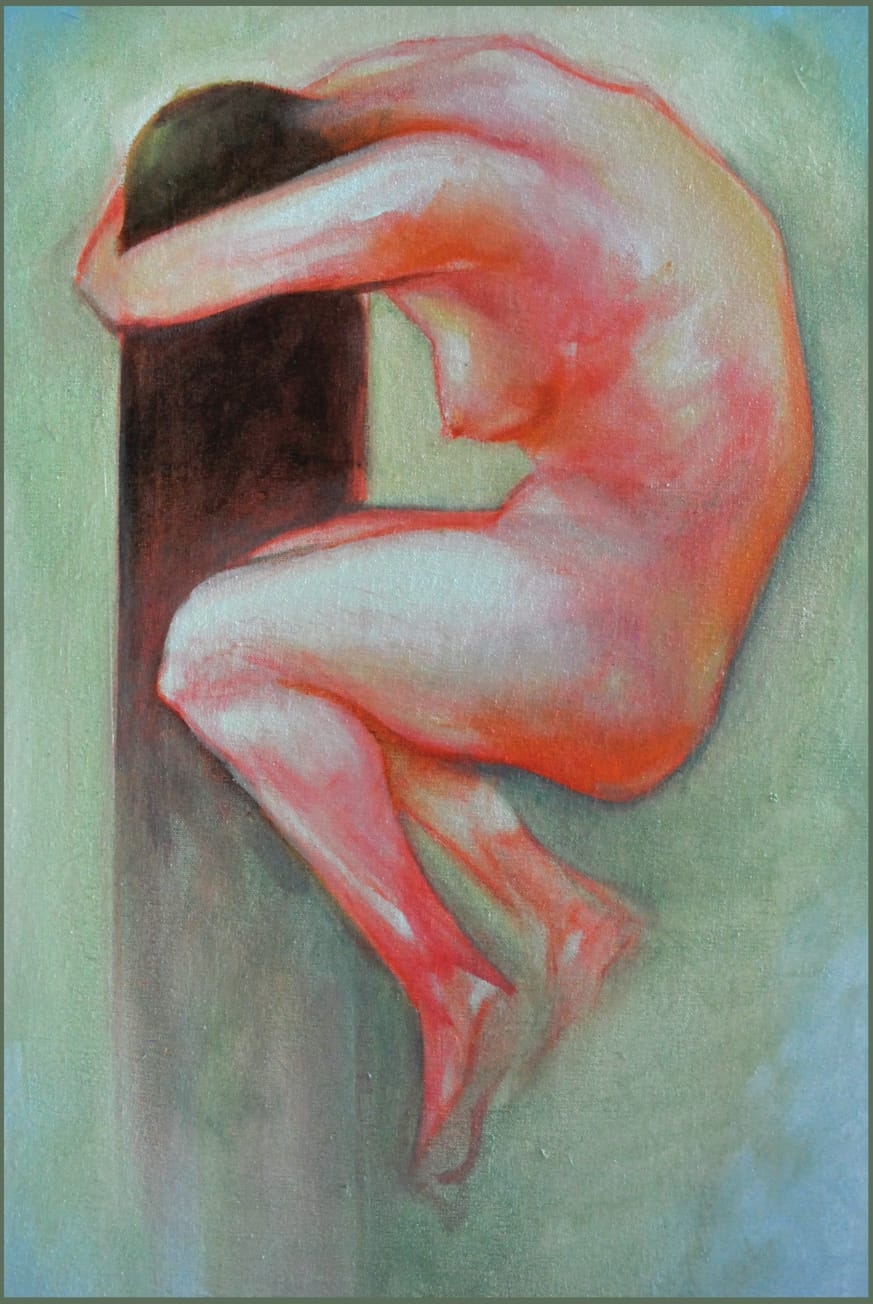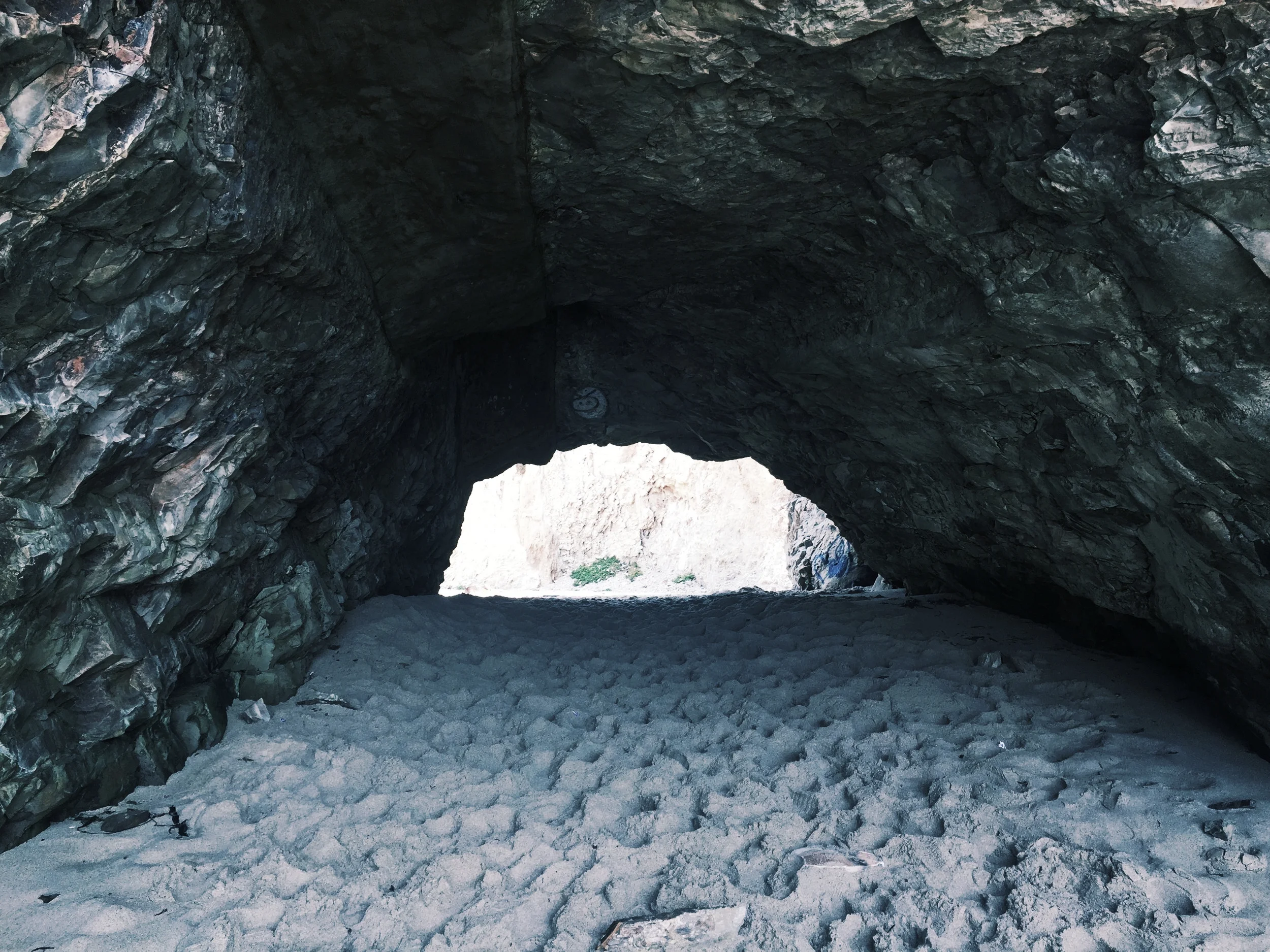An Asexual Awakening
Until I was almost twenty-four years old, I found myself still trying to solve the puzzles of sexuality. I was especially trying to figure out where in the picture I might fit. I believed the framework encompassed every adult human, so the question I asked wasn't if I fit, just where. Gradually, perhaps a part of me realized that only asking “Where do I fit?” over and over again was not revealing any answers, and maybe the question had to shift. Deep down, I stopped feeling merely curious to understand in the abstract, and started feeling like my whole self was wrong. The simple truth was that I did not intuitively know the answers, despite the fact that everyone around me seemed to possess such intuition. When I set off on a quest of understanding, no one warned me what I might uncover: that the equation had never even accounted for a person like me existing.
Starting in my preteen years, I found a lot of things very confusing. Did I believe that God really existed? (No, but I didn't yet know that atheism was a valid option, so I struggled internally with this question a bit, confused at the concept of having faith and avoiding admitting my actual lack of belief). Was my mother’s parenting style harmful enough to count as abuse? (Yes, it was. In fact, when I turned eighteen I cut off all contact with her, to protect my own mental health and possibly also physical safety. She still doesn't know I’m an atheist or asexual).
And then, there was that broad subject of human sexuality. That one was a doozy.
Continuing well into my teenage years, I abstractly questioned what emotions and thoughts were supposed to arise when I looked at someone that had captivated me. As a person clearly going through puberty on a typical schedule, I had learned that we all were supposed to experience the emotions and thoughts of crushes, and find certain people to be attractive. I certainly expected to be included in the experience. Since I was a girl, I knew these feelings would most likely occur towards boys. However, even if I turned out to not be attracted to men, all that would be remaining would be women, since everyone was supposed to be attracted to at least one of those two genders.
Eventually an array of television series and novels starring teenage characters, in combination with sentiments from peers and adults alike in my social circles, had convinced me that having crushes must have already started for me. I was still feeling confused by the whole notion of attraction—so clearly, I needed to do a better job analyzing my own experiences.
I would try to figure out if there was a chance I might be attracted to women, all the while aiming to determine which men were my type. Then, I'd leave the question alone for months—or even possibly years—at a time. Much later, I concluded that sexual desires were things I’d never feel, and so on some level, they'll always be a mystery to me. But with each passing year, the mystery felt more overwhelming—grew urgent to become demystified, even. I didn't know asexuality existed. I thought my mind and body were normal. However, a new feeling of cognitive dissonance was slowly emerging within my mind, threatening to tear me apart. Normal minds don’t struggle so much with this question. Normal bodies… well, it's a long story.
In my only romantic partnership, a relationship which spanned months, I revealed my body to my boyfriend. He treated me with nothing but kindness, and seemed to actually appreciate my body exactly as it was, both clothed or unclothed. I had been unprepared for him to have such positive feelings for my body. My body is overweight, my hair often full of frizz, and my face is just as acne-ridden as a teenager’s and without any makeup to hide the blemishes. Society had instilled in me a shame over how I looked, but here was a twenty-two-year-old guy who felt only respect and admiration for me, and as a twenty-three-year-old in her first significant foray into long-term dating, I floundered.
I felt uncomfortable—in fact, in a vague sense, I felt on the brink of violation—to know I was wanted in a sexual way. I didn’t understand yet that I was sex-averse, and therefore being the star of someone else’s sexual fantasies would mean that they would be wanting something from me that I could never give. My boyfriend wasn’t imagining me, but rather a non-existent version of me that wasn’t a sex-averse ace. In hindsight, I realize that imagining me in that light stripped me of such an inherent, defining part of my entire lived experience. However, I didn’t know how to frame those feelings and reactions at the time, so I tried to be grateful for his compliments of my body, and for finding me sexy.
My boyfriend didn't do anything wrong, but my relationship with him left me in a constant conflict between how I wished I felt versus my true feelings, as well as in a state of denial about how atypical my complete lack of libido was. My boyfriend had been incredulous to learn that I'd never masturbated; it wasn't conceivable to him that a person might not have the ability to get aroused, to orgasm. It wasn't merely that I had never felt a strong urge to “get off”—I physically cannot get aroused. I tried my best to honestly explain how I’d only just begun to realize that my body might be a bit dysfunctional in that regard.
It’s hard to explain just how much internalized shame I possessed over having never masturbated. It started with my insidious small-town public-school health classes. There, I’d had the woefully inadequate type of sexual education where one learns all the reasons abstinence is ideal and then eventually learns, much later, from a pop song’s lyrics or a television show's jokes, more details about what sex entails.
It took me an embarrassingly long time to learn, which I eventually did from podcasts I listened to and videos I watched on YouTube, that women can masturbate. Even if many women don't… I was taught that they all are capable of it. It was implied in a lot of the secular feminist spaces that I frequented, that all women should, from a moral standpoint, be pleasuring themselves and are missing out on a joy of life if they aren't. The attitudes towards women who hadn’t orgasmed were pity at best and harsh judgment at worst. The concept of a teenage girl or young twenty-something-year-old woman physically not being able to become aroused at all was never mentioned, not even in passing.
Unless you’ve experienced hermeneutical injustice firsthand, it is really hard to sympathize with just how broken or lonely you feel every time you hear a throwaway joke about how everyone masturbates and how if anyone says they don’t, they must be lying. These seemingly knowledgeable people caused me to doubt it was even true that I had never been sexually aroused, because they had never heard of such a person existing. Losing one’s sex drive from age, injury, drugs, or a hormone problem is possible. Existing without libido is not even taken into consideration. Even among asexuals, experiences like mine often feel forgotten or invisible.
I’m grateful I found the word “asexual” when I did. It took me a few months—and a lot of attempts to fit inside a heteronormative mold—before I finally accepted that I'd never feel sexual attraction, desire, or arousal. Lack of arousal was central to my journey; for roughly a decade it’d been holding me back from understanding myself. Once I was with my boyfriend, I developed a hypothesis: I might feel something like sexual desire if only I could figure out how to get myself aroused. So, I researched arousal and desire as much as I could, and then I tried being somewhat sexual with my boyfriend. I did these things mainly because I couldn’t accept I was ace until I had confidence that my body definitely wasn’t going to get aroused—when I was sure I had tested a variety of scenarios.
A few months before I reached my twenty-fourth birthday, I realized that all of this effort, this research, this experimenting with sexual stuff, was for naught. I wasn’t willing to subject myself to physical pain, which is sort of what not being aroused leads to when a cis woman tries to do anything with her genitals. This meant I was left with the option of embracing a new future for myself, a sex-free future. It only seemed like a choice because I finally knew there was an asexual community out there—a community that thrived on puns about disliking sex and where I wouldn’t be the only person unwilling to have sex in my future.
I figured out I was a non-libidoist, sex-averse, asexual—who was also kissing-averse—and immediately ended my relationship with my boyfriend. The breakup was amicable enough, and I only cried once. My emotions hit their peak when he validated me by saying he knew I couldn’t choose my sexual orientation and that it wasn’t my fault. We ended things because of sexual incompatibility, and afterwards, I never doubted for even a second that the breakup was necessary.
While getting into my pajamas one evening, I came to the realization that my underwear probably would never be seen by anyone else except me, ever again in my life. Remembering with wry amusement that my mother had once spent hours raging over the new bras I'd purchased not being sexy enough—she had called them “old lady bras"—I now knew that in my future I'd never have to stress or feel shame over my bras. In fact, I’d never have to show anyone my naked body ever again. I wouldn’t have to stress or feel shame over my stretch marks, or body hair, or whatever else anyone cared to have critical opinions on.
I had an epiphany about how my underwear and my nakedness were no longer only shielded most of the time, as there is no until I am in a sexually active relationship again. It was—and is—so very freeing for a sex-averse person such as myself to know all the inevitable sexual intimacy I’d thought had been in my future was no longer inescapable. I simply chose to reject it. It is empowering to know certain areas of my body are fully my own, just for me, for all of the foreseeable future. I reclaimed my body from a hypothetical uncomfortable future that I thought was my destiny before I had the framework and words I needed to understand myself.
Of course, there are still obstacles occasionally, such as with shopping for clothes. I understand now that I prefer to embrace a modest type of femininity when possible. The less sexy a straight man would be likely to find me in the outfit, the better—and yet I still do want to feel pretty. My ideal scenario is for other people to see me as attractive in the same exact way that I find people attractive: aesthetically, rather than sexually.
I now understand my aversion to people finding me or my body sexy. Knowledge really is power. I do my best to embody the type of prettiness that I want others to notice. In addition, I’ve discarded my shame over how I’ve never once orgasmed or even felt aroused. If I need to remind myself to be okay with myself as I am, I consciously think about how my life so far has already been full of plenty of joy and excitement in more than enough non-sexual ways. I’m more comfortable in my own skin than ever. I come out as asexual on a pretty regular basis to various family, friends, and acquaintances. I feel truly happy, confident, and at peace.




